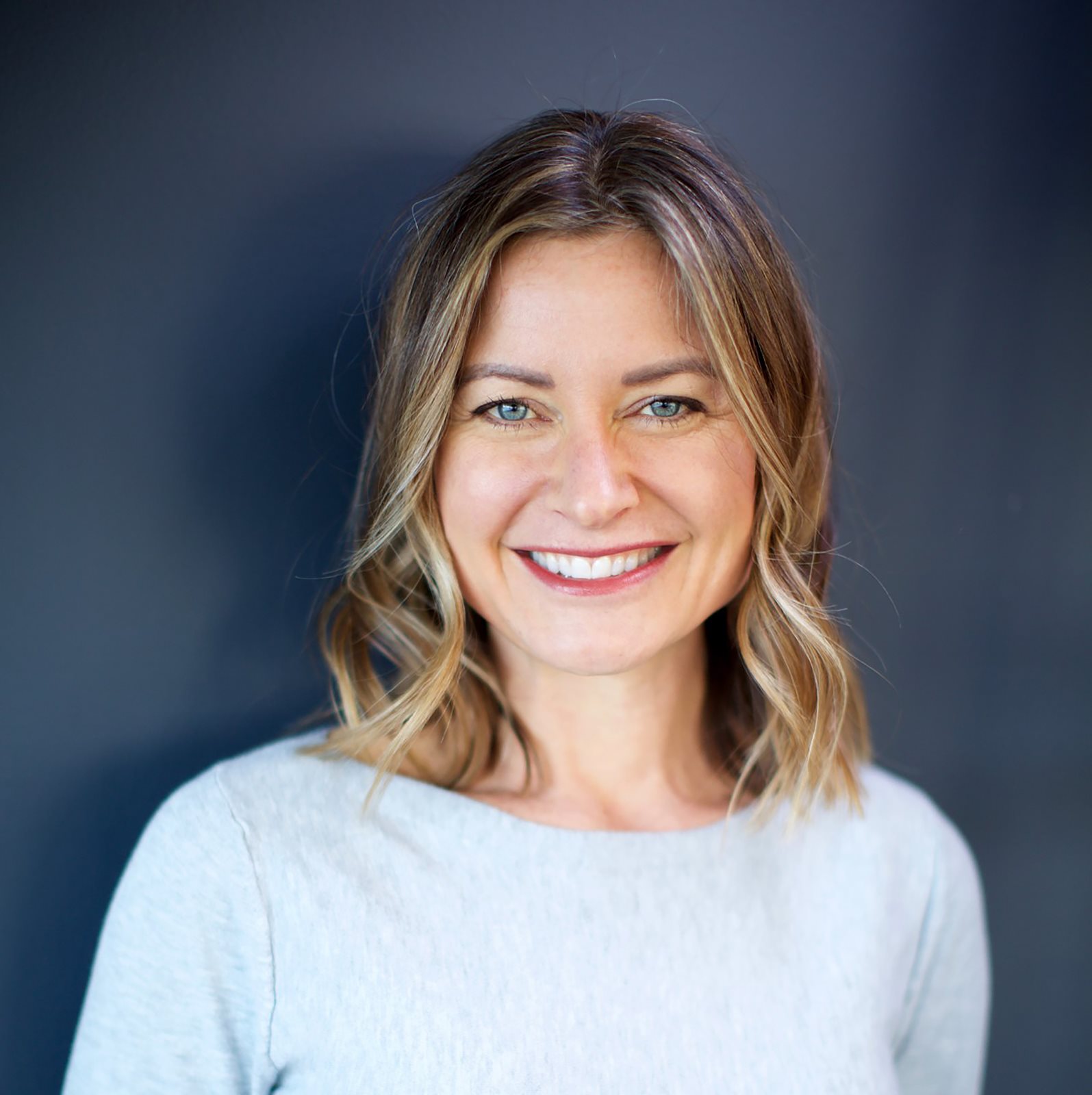Jennifer Atkinson’s course on climate grief and eco-anxiety featured in New York Times

IAS faculty member Jennifer Atkinson’s seminar on climate grief and eco-anxiety was featured in a New York Times story on efforts to support people experiencing distress over the global climate crisis. The article, Got Climate Anxiety? These People Are Doing Something About It, noted that the number of Americans who are “very worried” about climate change has more than doubled over the past five years to its current rate of 26 percent. Moreover, an American Psychiatric Association poll from 2020 found that more than half of Americans are concerned about climate change’s effect on their mental health.
Most at risk are frontline communities and groups vulnerable to the direct impacts of climate disruption. As the Times article reported, climate scientists like Dr Kritee (who goes by a single name) of the Environmental Defense Fund leads workshops and retreats for people experiencing climate grief, particularly farmers in India whose livelihoods are directly threatened by the extreme droughts and floods that come with climate change.
Others like Sherrie Bedonie, a social worker and co-founder of the Native American Counseling and Healing Collective, a group practice owned by four Native American women, are working with Indigenous communities suffering from eco-grief. Ms. Bedonie told the New York Times that Native people were “always grieving” the loss of their land and culture, and that she encourages her clients to face their feelings. “If people aren’t ready or they run from grief, it’ll continue to haunt them,” she said.
The article also featured young people like the students Atkinson works with, who are both experiencing an emotional toll from learning about climate change and increasingly feeling its effects in their daily lives. As Atkinson told the New York Times, she created a seminar at UW Bothell after seeing her students falling into hopelessness as they learned about the implications of climate chaos. Her class helps those students develop strategies to cope with feelings like anger, hopelessness, anxiety and grief so they can more effectively and creatively stay engaged in the necessary work to bring about climate justice without becoming overwhelmed.
And so rather than trying to extinguish those difficult feelings, Atkinson helps channel them toward meaningful climate solutions. The Times article highlighted this approach as especially important across the many efforts to address climate anxiety that have cropped up in recent years:
“that’s what people dealing with climate grief generally underscore: that grief for the planet shouldn’t be buried. In fact, when processed communally, it might actually be a potent weapon.
“What’s really important is we start normalizing this,” Dr. Wray said. “Not only to help people who are dealing with this very reasonable distress, but also because allowing those transformations to happen is hugely energizing for actionable climate movement.”
According to Dr. Wray, the growing number of people worried about climate change could be the catalyst for its solution — so much so, that she and her husband have decided to try for a baby. “As soon as we’re not alone in these feelings anymore,” she said, “it’s not nearly as bad.”
Science backs her up: Studies suggest that social support can provide resilience to stress and that feelings of belonging can increase motivation.
Dr. Atkinson, too, said she thought her seminar’s greatest value has been its ability to connect like-minded people. As she put it: “Who wants to stand up and fight the system when they feel like they’re doing it alone?”
Over the years, however, her views on eco-distress have changed. “Our anger comes from a desire for justice, our grief arises from compassion,” she said. “If we got rid of those feelings, we’d lose the whole motivation to stay in this fight. So that’s been the real surprise: The thing I wanted to overcome turned out to be a kind of superpower.”
